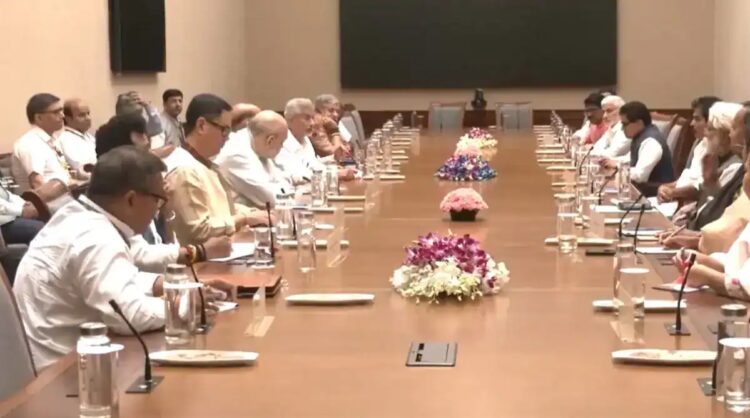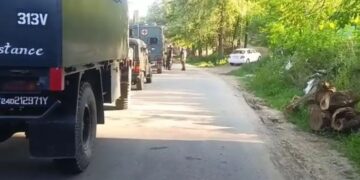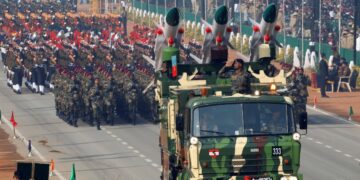Mr. Jaishankar briefed the leaders of all parties about the situation in the violence-hit nation and the steps taken by the Indian government to address the potential security, economic, and diplomatic repercussions of this crisis.
Briefed an All-Party meeting in Parliament today about the ongoing developments in Bangladesh.
Appreciate the unanimous support and understanding that was extended. pic.twitter.com/tiitk5M5zn
— Dr. S. Jaishankar (@DrSJaishankar) August 6, 2024
Sources indicated that the Foreign Minister discussed the Centre’s strategy to mitigate fallout with the new administration in Bangladesh while backing the ousted leader. “It’s a prevailing situation. The government will take appropriate action at the right time,” Mr. Jaishankar reportedly told the MPs. He also assured that the government is closely monitoring the evolving situation and is in touch with the Bangladeshi Army, which is set to form an interim government, to ensure the safety of Indian nationals and minorities in the neighboring state.
In addition to S. Jaishankar, Home Minister Amit Shah, Defence Minister Rajnath Singh, and Parliamentary Affairs Minister Kiren Rijiju also attended the meeting.
Prime Minister Narendra Modi has been briefed on the Bangladesh situation, which saw Sheikh Hasina resign and flee the country yesterday as massive crowds of angry protesters demanded her exit. Following her resignation, Army chief General Waker-Uz-Zaman announced that the military would form an “interim government” and urged protesters to stand down.
Ms. Hasina arrived at the Hindon Air Force base in Ghaziabad, Uttar Pradesh, last evening, where she was received by National Security Advisor Ajit Doval. She is expected to leave for London later, where she may seek political asylum, although there is no confirmation yet on whether the UK has offered asylum to her.
India’s Border Security Force is on high alert across the 4,096 km border with Bangladesh, with field commanders ordered to take “on-ground” positions and be prepared for any developments. The anti-government protests, which began last month over civil service job quotas, have escalated into some of the worst unrest of Prime Minister Hasina’s 15-year rule, leading to widespread calls for her resignation.

















Comments